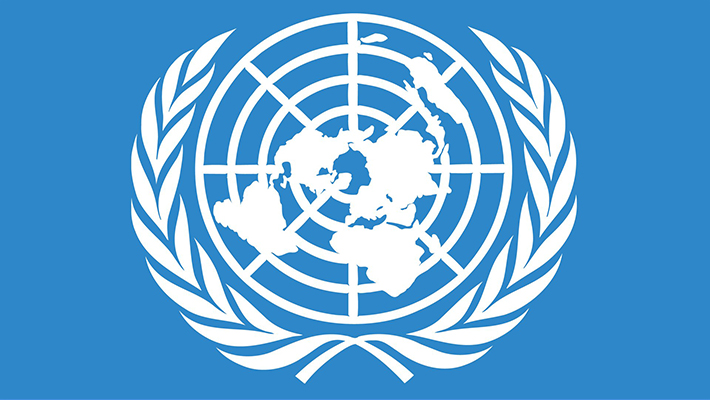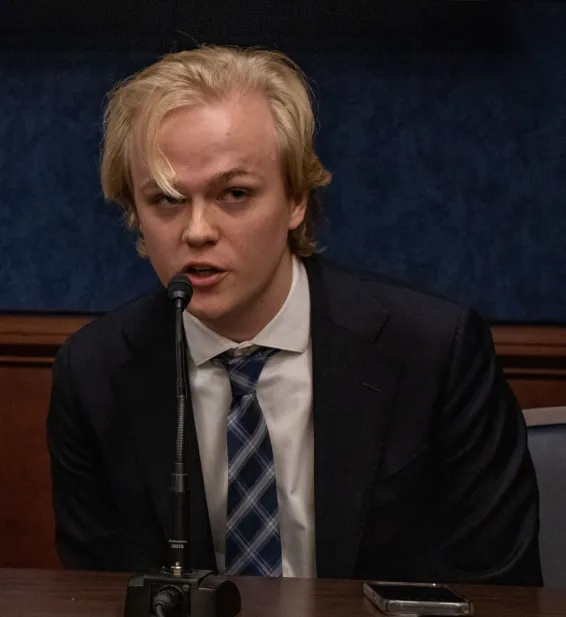
Nigeria is steadily positioning itself as a major player in the world of Artificial Intelligence (AI), and the United Nations (UN) has promised to be right there to back the journey.
On Thursday in Abuja, during the validation of the Nigeria AI Readiness Assessment Report (NAIRAR) — a key milestone in the country’s AI development roadmap — Mohamed Fall, the UN Resident and Humanitarian Coordinator in Nigeria, reiterated the organization’s commitment to supporting Nigeria’s AI growth in a way that is sustainable, inclusive, and ethical.
The report, coordinated by UNESCO with support from the European Union, forms part of a global strategy to help nations prepare for the opportunities and challenges that come with AI adoption. According to Fall, the validation of NAIRAR is “just the beginning,” urging government ministries, private organizations, and communities to act on its findings.
“AI isn’t the future anymore — it’s here,” Fall emphasized, noting how AI is transforming how people work, communicate, learn, and even care for each other. He stressed that while AI can power economies, create opportunities for young people, and drive progress toward achieving the Sustainable Development Goals (SDGs), it must always be guided by strong ethical values to ensure it benefits everyone equally.
Nigeria, he said, has both the human talent and the bold initiatives to lead the charge in Africa. Programs like the National AI Strategy, the Three Million Technical Talent Programme, and the Nigeria AI Research Scheme already highlight the country’s commitment to building a vibrant AI ecosystem.
UNESCO also emphasized that the partnership approach — involving stakeholders from government, academia, civil society, and the private sector — is key to ensuring Nigeria doesn’t just catch up but becomes a voice to reckon with in global AI conversations.
During the event, Labour and Employment Minister Muhammad Dingyadi highlighted how AI is reshaping industries and the workforce globally. While praising its potential to boost productivity, education, and healthcare, he warned about the risk of job displacement, especially in routine and low-skill roles, if the AI transition is not properly managed.
Echoing this sentiment, Bosun Tijani, the Minister of Communications, Innovation, and Digital Economy, pointed out that the world is changing at breakneck speed, urging Nigerians to stay ahead of the curve.
The Head of Civil Service, represented by Faruk Yabo, also announced plans to train at least 5,000 civil servants in AI to ensure the public sector is ready for the digital future.
The event, which drew stakeholders from across industries, provided expert insights, data-driven findings, and actionable recommendations — setting the stage for Nigeria’s AI-driven growth story to unfold in the coming years.






